The Fed should cut interest rates
US consumer spending has stalled, with the level of monthly spending showing no change in real terms over the first half of this year, something normally only seen in either a recession or a sharp downturn. Spending has been held down by falling expenditure on durable goods and barely any growth in spending on services.
At the same time, core PCE inflation has picked up, with an increase that rounded up to 0.3% in June, in line with market expectations after factoring in small revisions to history. This was the largest monthly rise since larger seasonally-distorted gains at the start of the year, with annual inflation steady at 2.8%. Other measures of core inflation, such as the core market prices and trimmed mean PCE series, showed the same pick-up in June.
The increase was driven by a 0.4% tariff-driven gain in core goods prices, matching increases at the start of 2025. Annual core goods inflation has picked up from zero in January to 0.6%. In contrast, core services prices were better behaved, up another 0.2% in June, with annual inflation steady at 3.4%.
At this stage, core inflation is tracking slightly below a simple linear interpolation of the FOMC’s median forecast that core PCE inflation will reach 3.1% in Q4 this year. This, combined with the pronounced weakness in consumer spending, suggests that the Fed should resume cutting interest rates in September, particularly when most measures of inflation expectations remain contained.
As for wages, the private-sector excluding commissions etc measure of the employment cost index continued to grow at a quarterly rate of about 0.8-0.9% in Q2 on CCI’s seasonal adjustment, a little above the average growth prevailing prior to COVID.
As for the supply of labour, the latest data show that the government has more than doubled the monthly rate of internal detention of immigrants and refugees, with a smaller pick-up in deportations.
The US population is currently growing at an annualised rate of about ½%, which is the slowest growth in the history of the republic, excluding the COVID-era distortions. Deportations should slow growth further, placing downward pressure on economic growth and upward pressure on inflation.
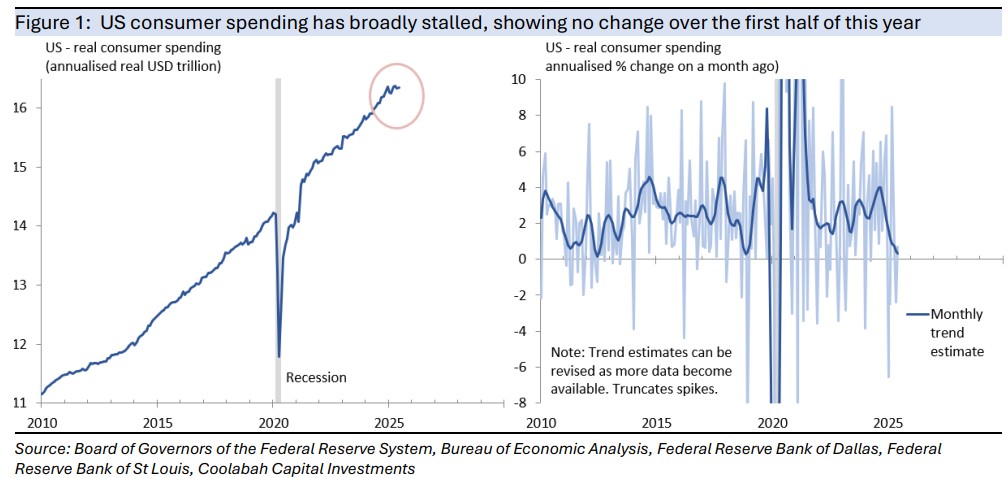
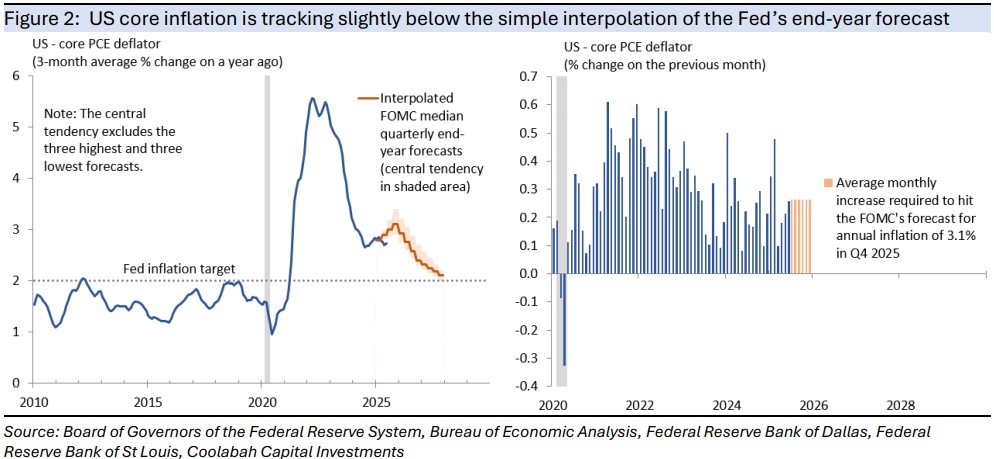
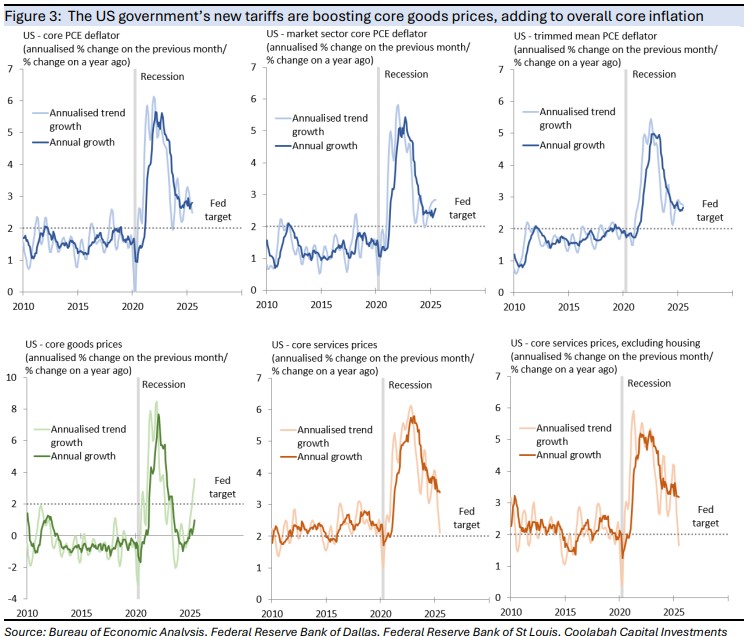
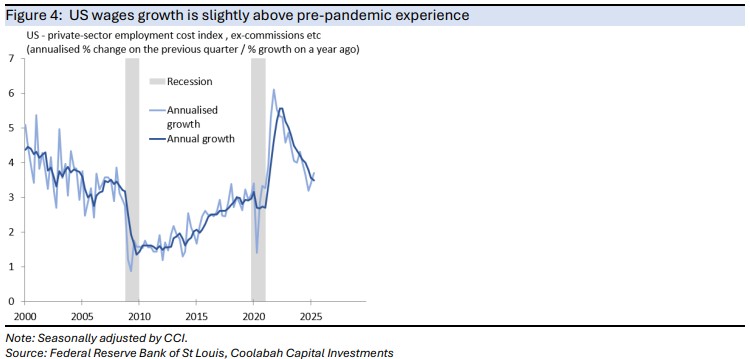
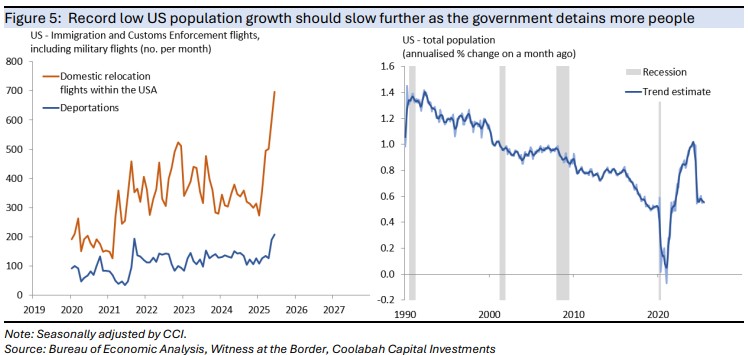
5 topics

